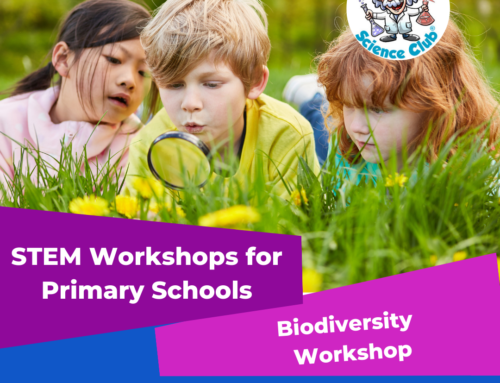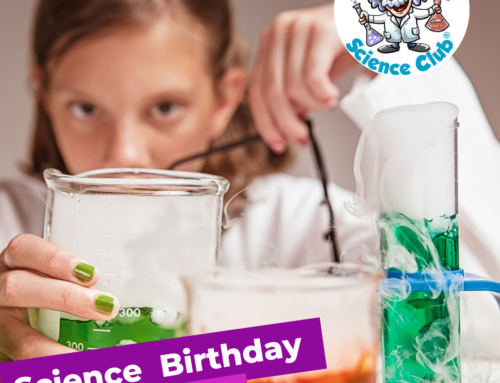Igniting Young Minds: The Importance of Hands-On Interactive STEM Activities for Primary School Children in Science Camps This Summer
As the summer sun shines brightly ( hopefully!) , it’s time to unlock the doors of curiosity and imagination for our young learners. Science camps provide a unique opportunity for primary school children to embark on a journey of discovery and engage in hands-on interactive STEM activities. In this blog post, we delve into the importance of these experiences and why they play a vital role in shaping young minds during the summer break.
- Active Learning: Hands-on interactive STEM activities bring learning to life by encouraging active engagement. Instead of simply reading about scientific concepts, children become active participants, conducting experiments, building structures, and solving problems. This experiential learning approach fosters a deeper understanding of scientific principles and builds critical thinking skills.
- Stimulating Curiosity: Science camps provide a stimulating environment where children can explore and question the world around them. Hands-on activities act as a catalyst, fuelling their natural curiosity and encouraging them to ask “why” and “how.” By allowing children to follow their curiosity, we nurture their innate desire to learn and instil a lifelong love for science.
- Problem-Solving Skills: Science camps empower children to become problem solvers. Through hands-on activities, they encounter challenges and obstacles that require them to think critically and apply scientific principles to find solutions. These experiences enhance their problem-solving skills, fostering resilience, creativity, and adaptability.
- Collaboration and Communication: Engaging in hands-on interactive activities in science camps also promotes teamwork and communication. Children work in groups, sharing ideas, brainstorming, and collaborating to achieve common goals. They learn the value of effective communication, listening to others, and articulating their own thoughts and findings. Firm friendships are formed !
- Real-World Relevance: Hands-on STEM activities bridge the gap between theoretical concepts and real-world applications. Children understand the relevance of what they are learning by connecting scientific principles to everyday messy experiences. Whether it’s observing the behaviour of simple machines or investigating the properties of matter, they grasp the practical significance of science in their lives.
- Confidence Building: When children actively participate in hands-on STEM activities, they develop confidence in their abilities. Th best scientists are very curious ! As they overcome challenges, successfully complete experiments, and see tangible results, their self-esteem grows. This confidence extends beyond the science camp, positively influencing their overall academic performance and future pursuits.
This summer, let’s seize the opportunity to immerse primary school children in hands-on interactive STEM activities at Junior Einsteins Science Camps. By embracing active learning, stimulating curiosity, fostering problem-solving skills, promoting collaboration, and connecting science to the real world, we empower our ‘Junior Einsteins’ to become lifelong learners and critical thinkers. Science camps lay the foundation for a future generation of scientists, inventors, and innovators, ready to make their mark on the world.
So, let’s ignite their passion for science, one hands-on experiment at a time, and watch them flourish in a world full of possibilities.
Are you ready to embark on this exciting journey of discovery? Join us at Junior Einsteins Science Camp and witness the transformative power of hands-on interactive STEM activities for primary school children.
BOOK: www.junioreinsteinsscienceclub.com
Get ready to inspire, engage, and create lifelong memories in the world of science!








